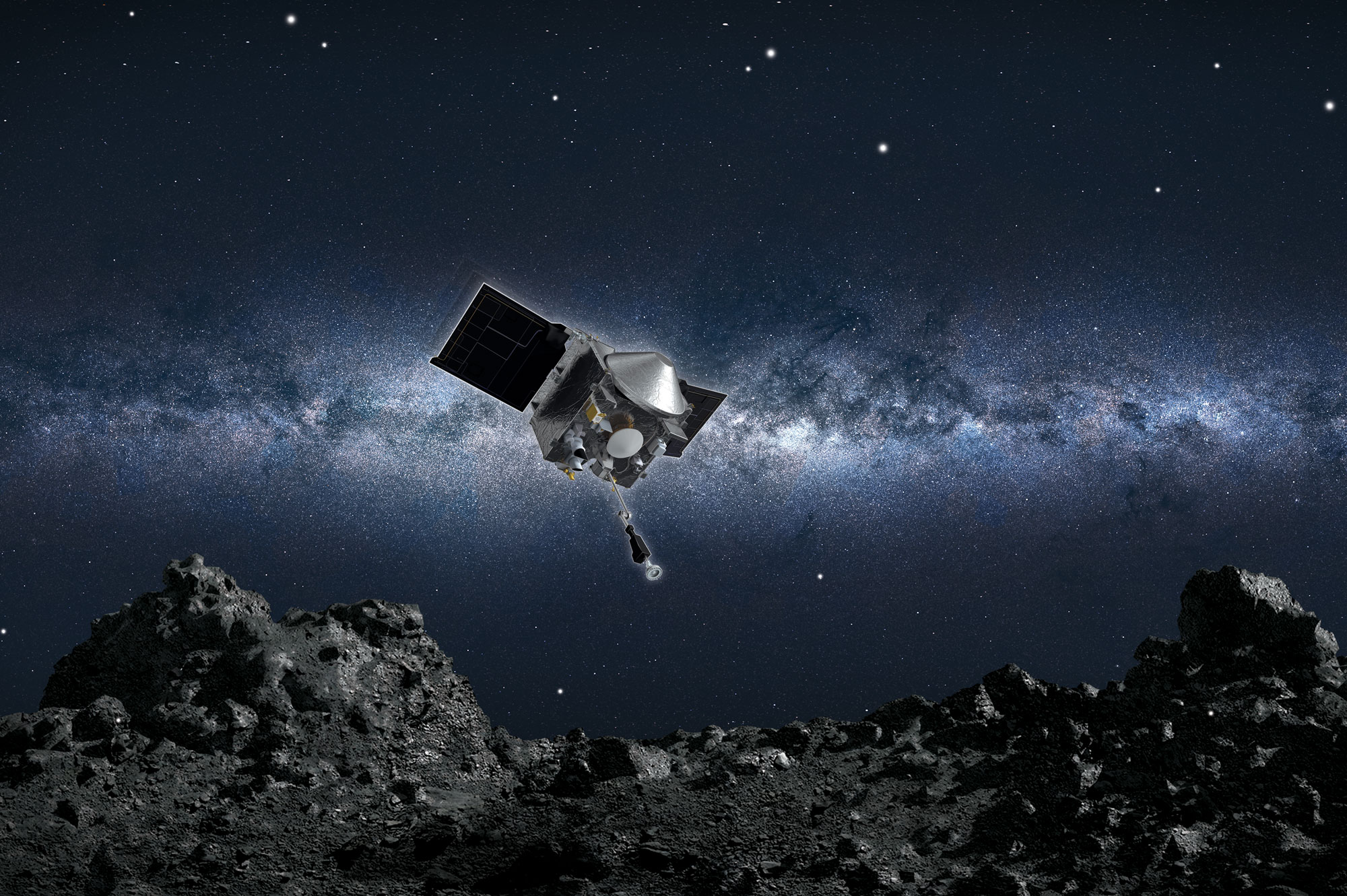2 Cutting-Edge Tech Case Studies Shaping Our Future
The relentless march of innovation throws out buzzwords like candy at a parade: “cutting-edge tech,” “disruptive technologies,” “the future is now.” But what do these terms really mean? And how can we, mere mortals, navigate the whirlwind of change they represent? Buckle up, dear reader, as we ditch the platitudes and delve into the fascinating










